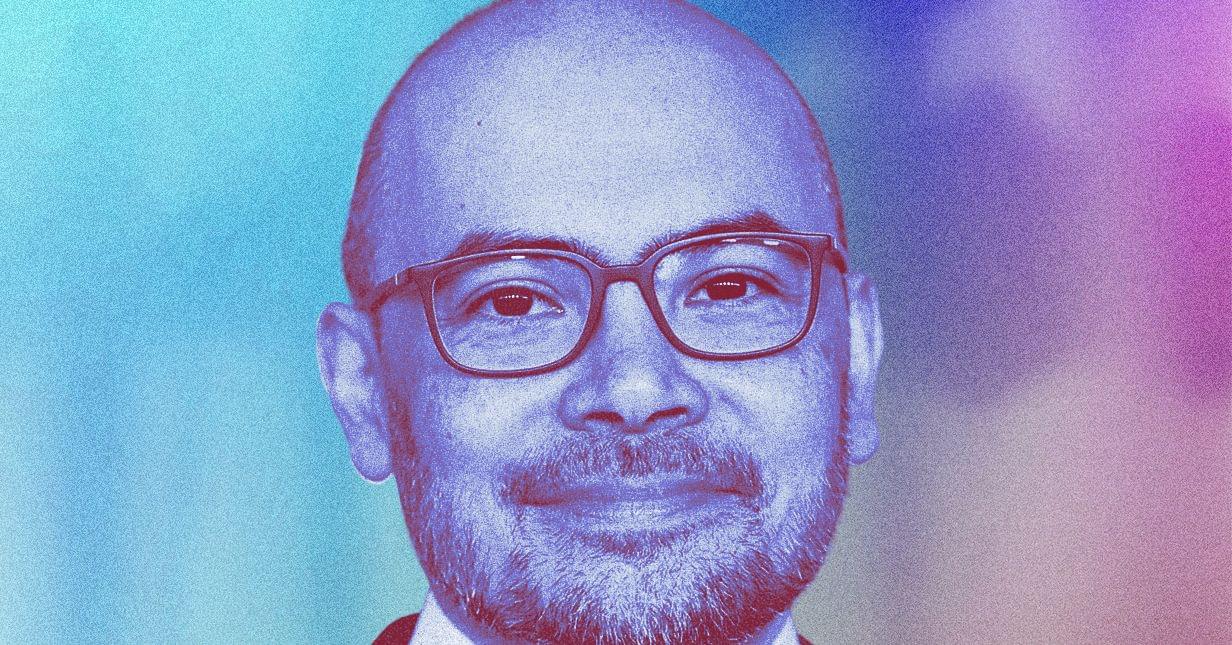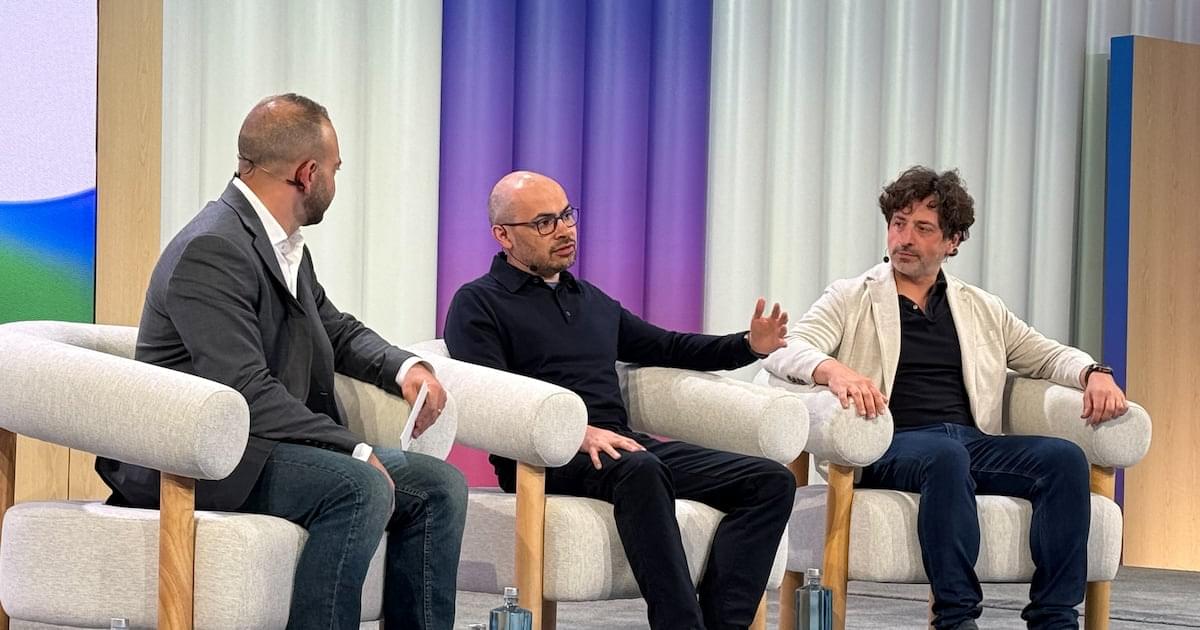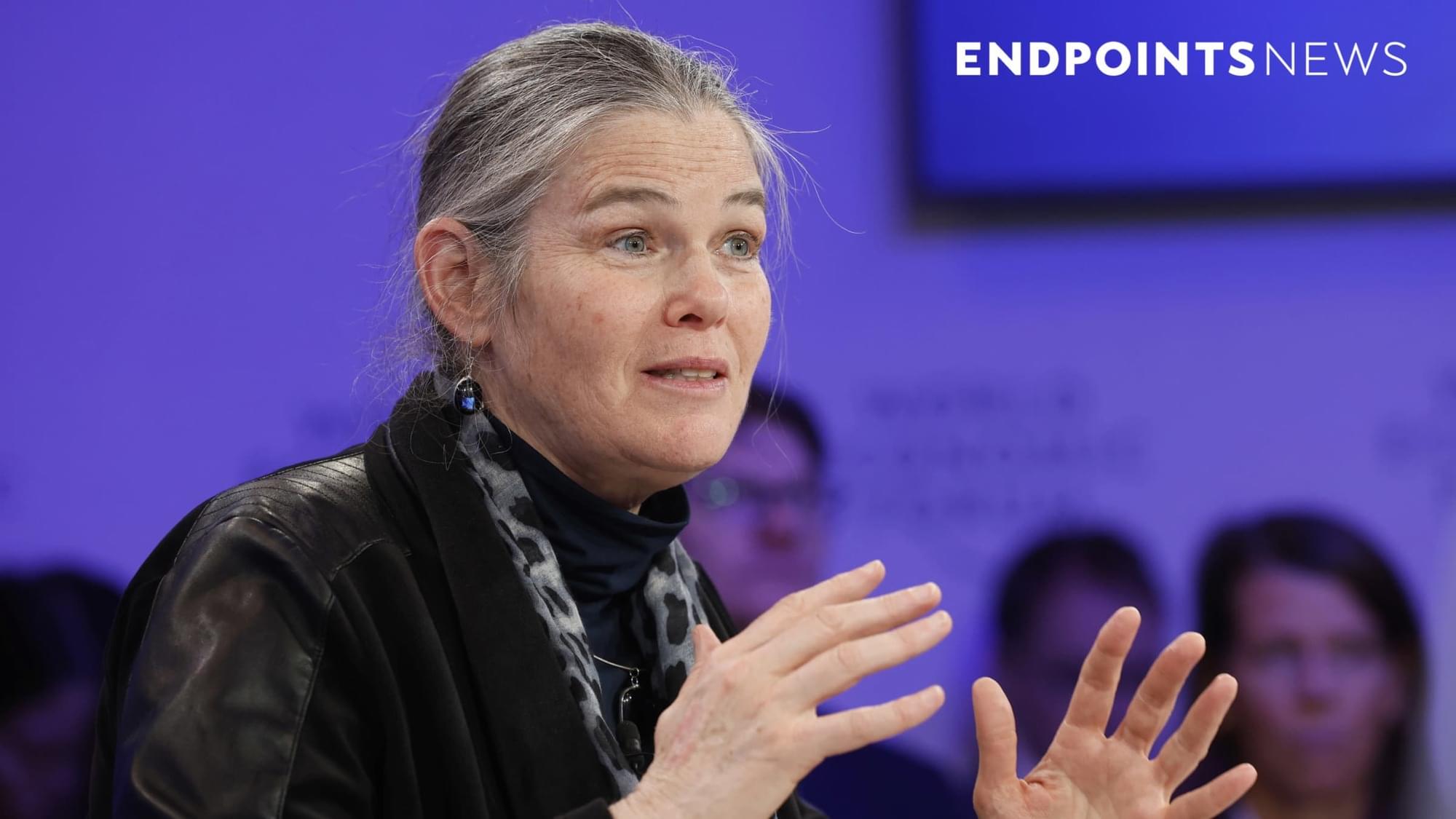OpenAI said it was buying IO, a start-up founded by Mr. Ive, the designer of the iPhone, to usher in a new era of artificial intelligence hardware.


The latest in AI in medicine and health tech, brought to you by a real human.
The Verge


Today, we’re announcing our newest generative media models, which mark significant breakthroughs. These models create breathtaking images, videos and music, empowering artists to bring their creative vision to life. They also power amazing tools for everyone to express themselves.
Veo 3 and Imagen 4, our newest video and image generation models, push the frontier of media generation, with their groundbreaking new capabilities. We’re also expanding access to Lyria 2, giving musicians more tools to create music. Finally, we’re inviting visual storytellers to try Flow, our new AI filmmaking tool. Using Google DeepMind’s most advanced models, Flow lets you weave cinematic films with more sophisticated control of characters, scenes and styles, to bring your story to life.
We’ve partnered closely with the creative industries — filmmakers, musicians, artists, YouTube creators — to help shape these models and products responsibly and to give creators new tools to realize the possibilities of AI in their art.

Artificial intelligence (AI) agents and large-language models (LLMs), such as the model underpinning OpenAI’s conversational platform ChatGPT, are now widely used by people worldwide, both in informal and professional settings. Over the past decade or so, some of these models have also been adapted to tackle complex research problems rooted in various fields, including biology, physics, medical sciences and chemistry.
Existing computational tools employed by chemists are often highly sophisticated and complex. Their complexity makes them inaccessible to non-expert users and often even difficult for expert chemists to use.
Researchers at Matter Lab at the University of Toronto and NVIDIA have developed El Agente Q, a new LLM-based system that could allow chemists, particularly those specialized in quantum chemistry, to easily generate and execute quantum chemistry workflows, sequences of computational tasks required to study specific chemical systems at the quantum mechanical level.
